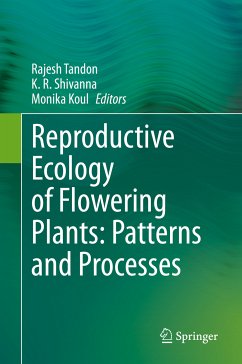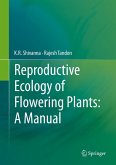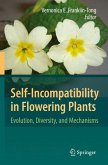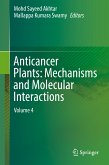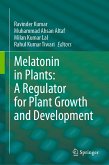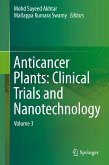Sexual reproduction is the predominant mode of perpetuation for flowering plant species. Investigating the reproductive strategies of plants has grown to become a vast area of research and, in crop plants, covers events from flowering to fruit and seed development; in wild species, it extends up to seed dispersal and seedling recruitment. Thus, reproduction determines the extent of yield in crop plants and, in wild plants, also determines the efficacy of recruiting new adults to the population, making this field important both from fundamental and applied plant biology perspectives. Moreover, in light of the growing concerns regarding food and nutritional security for the growing population and preserving biological diversity, reproductive biology of flowering plants has acquired special significance. Extensive studies on various facets of reproduction are being carried out around the world. However, these studies are scattered across research journals and reviews from diverse areas of biology. The present volume covers the whole spectrum of reproductive ecology, from phenology and floral biology, to sexuality and pollination biology/ecology including floral rewards, breeding systems, apomixis and seed dispersal. In turn, transgene flow, its biosafety and mitigation approaches, and the 'global pollinator crisis', which has become a major international concern in light of the urgent need to sustain crop yield and biodiversity, are discussed in detail. Given its scope, the book offers a valuable resource for students, teachers and researchers of botany, zoology, ecology, agriculture and forestry, as well as conservation biologists.
Dieser Download kann aus rechtlichen Gründen nur mit Rechnungsadresse in A, B, BG, CY, CZ, D, DK, EW, E, FIN, F, GR, HR, H, IRL, I, LT, L, LR, M, NL, PL, P, R, S, SLO, SK ausgeliefert werden.

